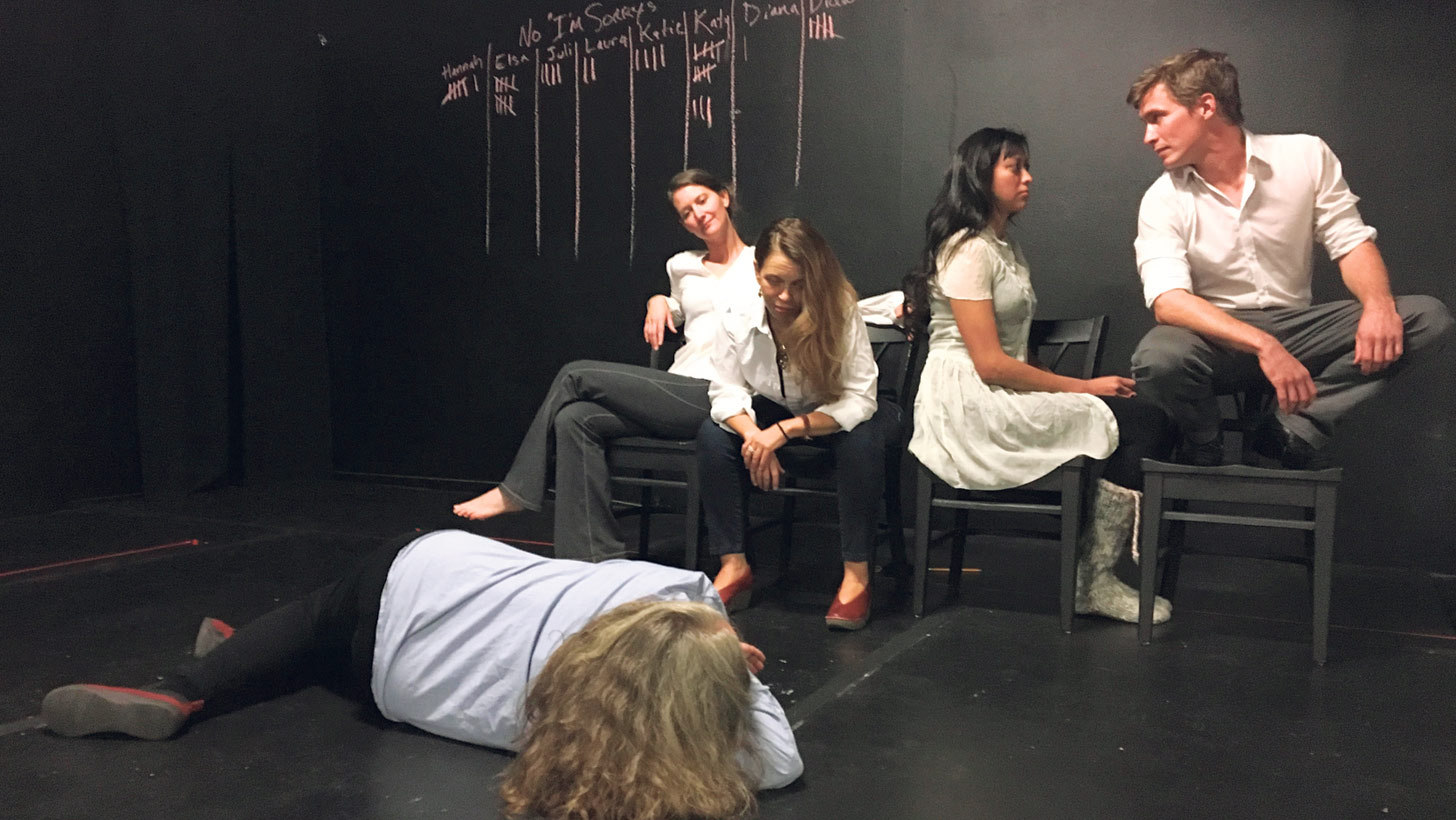Culture Shock: The Language Of Liberation
Tricklock Company Becomes The Site Of Revolution At The Start Of Their 24Th Season

Latest Article|September 3, 2020|Free
::Making Grown Men Cry Since 1992



